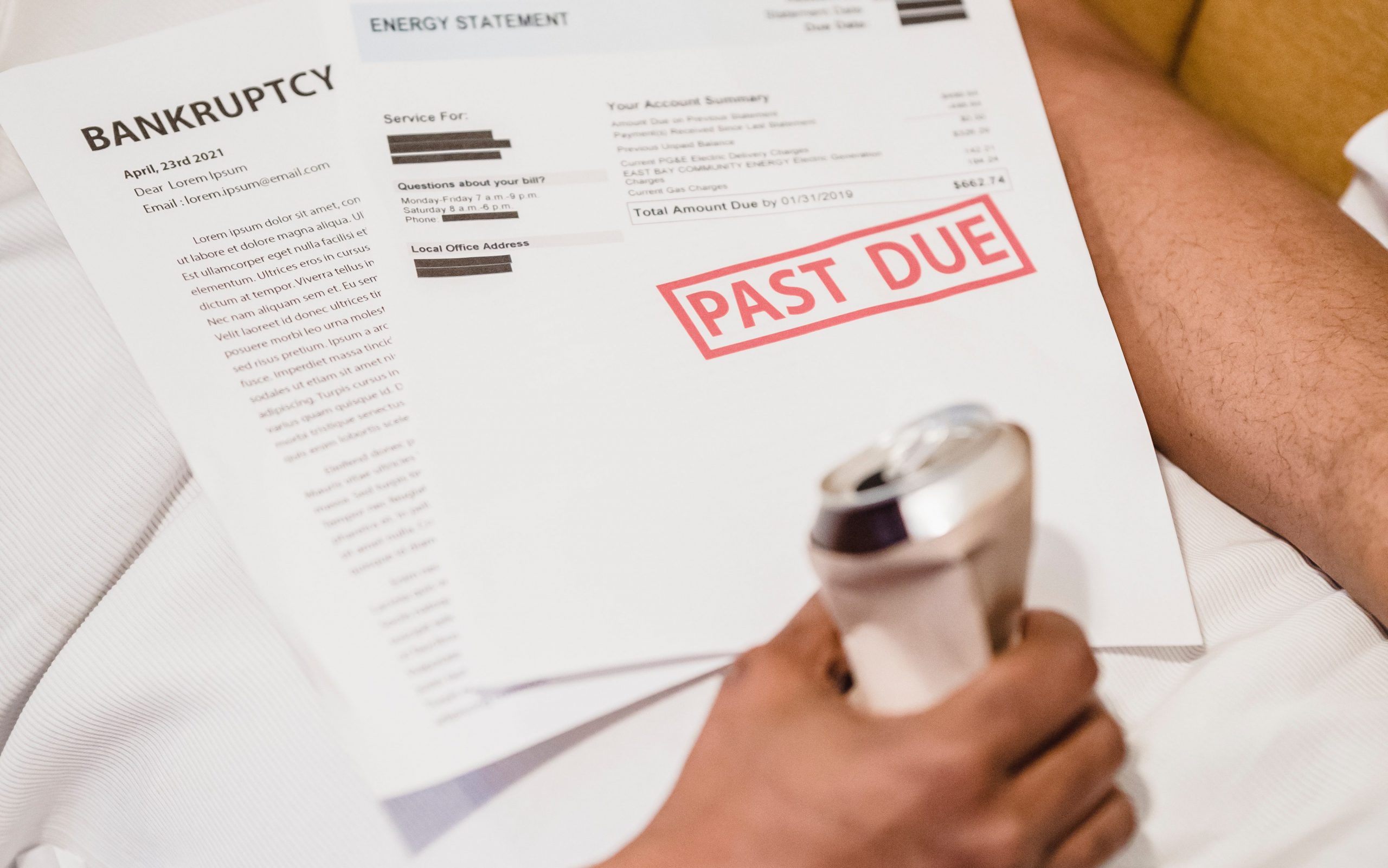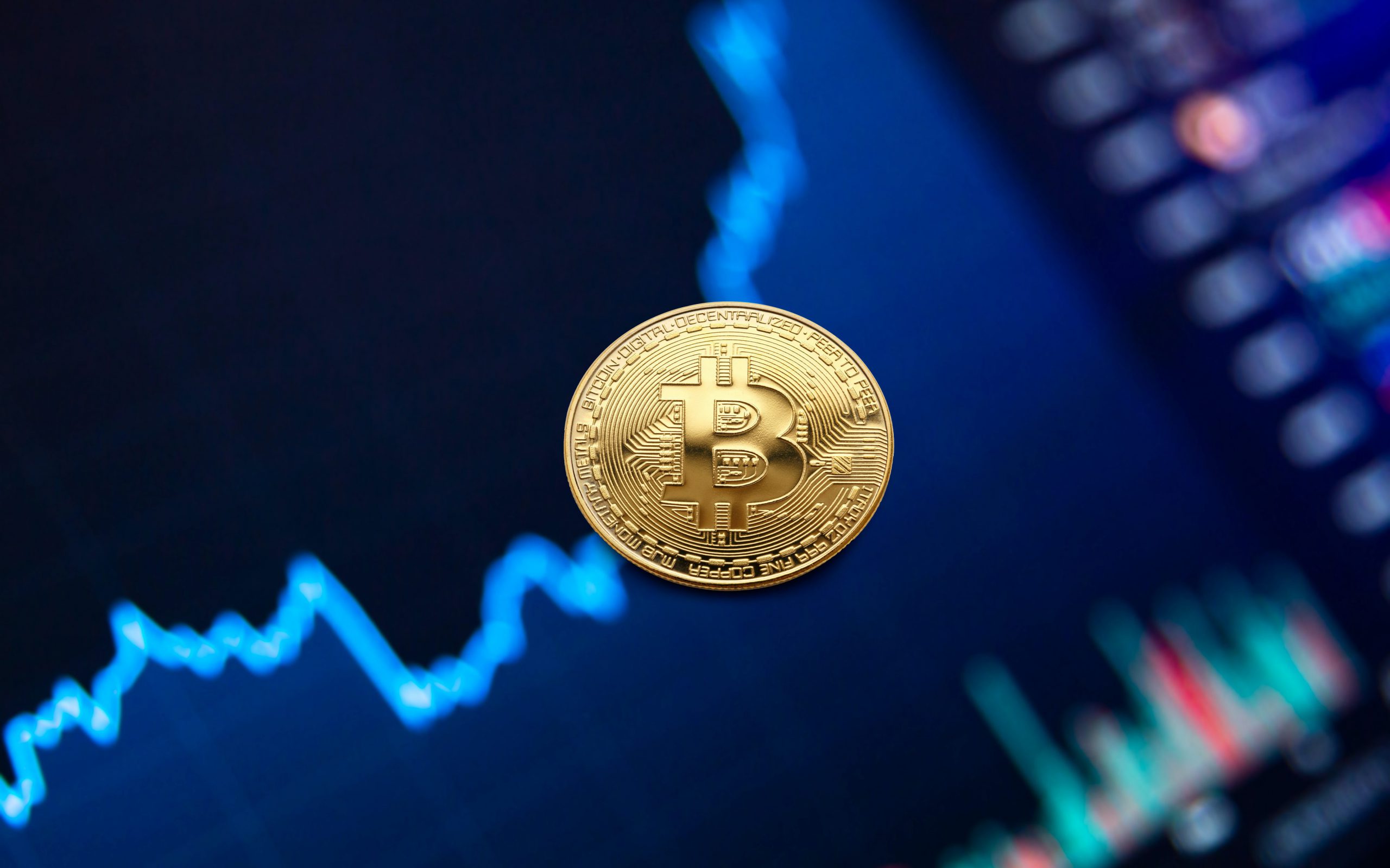Many businesses are worried for the next recession because of the rise in inflation rates and negative gross domestic product (GDP) data that upshots as a result. People also experience significant impacts on their daily lives during a recession. The prices of everything shoot up, from groceries, to clothes and even food items. In the course of this article, we will touch on the recession indicators and signs. See how recession affects the economy.
The topic of Recession in today’s world can not be fully explained without touching on the Great Recession. This took place from 2007 to 2009, resulting from the bursting of the US housing bubble and the global financial crisis. It caused a sharp decline in economic activities and lasted several years and eventually spilled into global economies. It was the most severe economic regression in the US after the great depression that happened in the 1930s.

However there was a report, by the Financial Crisis Inquiry Commission That the Great Recession was avoidable. There were several key factors that contributed to the recession that could have been avoided. This is actually being said to say that before a recession occurs, usually more often than not, there are indicators and signs. For recession to be officially declared, there are three criteria’s that are often used by the National Bureau of Economic Research. Though these criteria’s can be interchangeable when it comes to identifying a recession, as long as each one is met to a degree: Depth, Diffusion, Duration.
Recession Indicators and Signs
Most times, recessions are not predictable. If they were, the government would do all that is in their power to prevent them. However there are warning signs of the emergence of a recession with 6 months of economic contraction. Knowledge of these signs can help us prepare adequately for it.

Increase in Unemployment Rate
An economic downturn will make organizations reduce their workforce by laying off workers. When there is a sudden spike in the rate of unemployment in the society, then there is a high probability that a recession is coming. This is because when people start losing their jobs, then it could mean a rise in inflation rate and companies might be closing. Layoffs also means businesses might be losing revenue and have to lay their workers off. Consequently, there will be a drop in personal income and the unemployed workers will have less money to put into the economy. This will later lead to a cycle of declining GDP.
Inverted Yield Curve
The yield curve shows the relationship between the yield for short term bonds and the yield for long term bonds. An inverted yield curve is when the yield for short term bonds is more than that of the long term bond. In clearer terms, it means the interest rate of short term securities becomes more than that of long term securities. This usually happens when there is a fear of recession and people want to invest more in the long term bond because they offer protection for a longer period.
Poor Stock Performance
The stock market is not always a reliable indicator of a recession as it is extremely volatile. The rise and fall of stocks are somewhat common. However if a poor stock performance extends for a longer period of time, this indicates the coming of a recession.

Leading Economic Index (LEI)
The index is structured to provide a broad look into the economy. The LEI looks at factors including unemployment rates and stock market performance. If this shows a decline, then a recession could be on its way.
Manufacturing/Production Slows Down
During an economic downturn, manufacturers will have to slow down their production process. This will happen because of the reduction in demand for their goods. A rise in inflation and less consumer spending usually brings about reduction in demand. When this happens, then it could be an indicating sign of recession.
Consumer Spending Slows Down
There is no economy without the consumer. Consumer demand is related to the gross domestic product(GDP). They are like the backbone of the economy because they put money(that they have earned) back into the economy. But when there is a downturn in the economy, then they start losing faith which can make them start spending less due to stress. They may even be making the same amount of money, but don’t want to spend money on those things they could once afford because they feel broke. Unfortunately, this can be a sign that recession is underway.
In Conclusion
Recession is a normal part of the economic cycle, it is a relatively common event. There are degrees of severity when it comes to recession, it’s not always similar to the Great Recession that occurred in 2008. In order to survive a recession, you should ensure your finances are in order. Reduce the amount of debt you incur and have ample savings. It doesn’t have to be a lot at once, but with consistency you will be able to have a reserve. Also, you should be willing to take up any job in case you lose yours.


